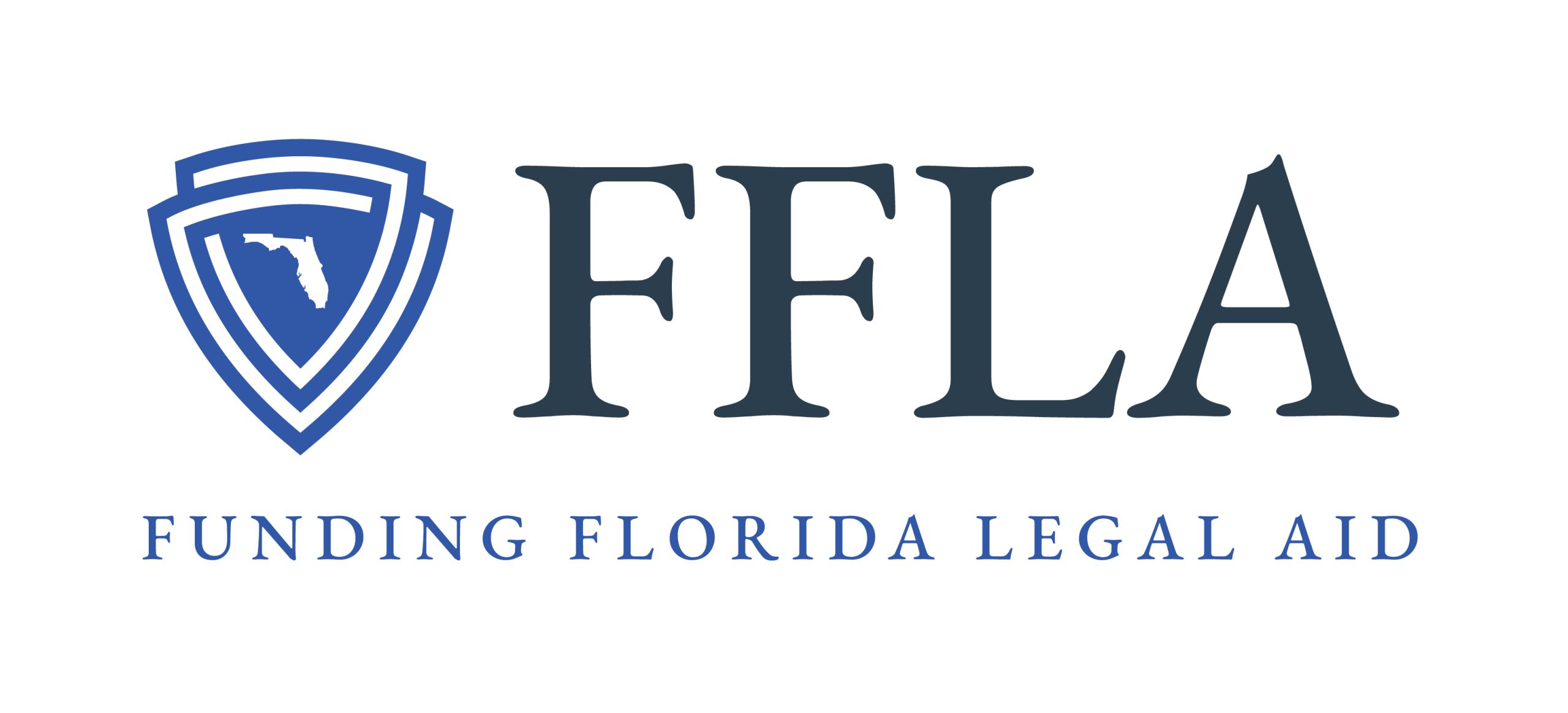Dealing with Contractors
Natural disasters cause damage to homes, businesses, and city infrastructure. When the storm passes and you are able to investigate the damage, scammers come around. Contractors claiming to be something they are not can take your money and run. People like roofers, carpenters, and plumbers may claim to help you in the recovery process but are actually responsible for millions of dollars in fake claims reported to the state.
You can take steps to protect yourself by understanding how to hire a contractor to help repair your property. Look for clues that someone may be trying to scam you.
WHAT ARE YOUR RIGHTS?
Scams often begin with uninvited offers to help. You may receive a random phone call, someone may walk up to you that you don’t know, or you may receive a casual knock on your door. If you get approached by someone this way, beware. If it doesn’t feel right, it probably isn’t. Chances are these contractors are not who they claim to be.
If you encounter the following situations from a contractor, you may be dealing with a scammer:
- The contractor requires you to pay all of the money up front;
- The contractor says you can “take my word for it” and you don’t need to sign a contract;
- The contractor says they don’t need to pull a permit from the city when a permit is required;
- The contractor says that they have run into unexpected problems and need more money;
- The contractor has out-of-state plates on their vehicle;
- The contractor only has an out-of-state address, or only a P.O. Box or hotel address; or
- The contractor is in a vehicle that displays a company name that does not match the name of the company they work for.
Take steps to protect yourself. Remember, you have the right to say no and walk away from the deal!
Just because a contractor is from another state doesn’t make them a scammer. Out-of-state contractors are allowed work in Florida. Many contracting companies have offices out of state and travel to Florida to lend a helping hand and get extra work for themselves. If you decide to work with an out-of-state contractor, be sure that the contractor is connected to a local Florida office so that you can follow up with warranty repairs after the job is finished.
After a disaster has occurred, contact your insurance company as soon as possible to report any damage. Your insurance company will assign you an insurance adjuster to visit your property, review the damage, and determine what coverage is available to you. If you get an estimate, contact your adjuster to review the quote. The adjuster’s approval is required before the insurance company will pay your claim.
Visit CLSMF page on Property Insurance for more information.
You should get 3 or more estimates in writing from different contractors before choosing one to work with. Each estimate should list all the repairs, the cost of each repair, the labor cost, and material costs. This will help you may make an informed decision on the price and details of the work you need before you get started. This will also help you determine what work is required and what is unnecessary. A contractor who recommends unnecessary work could be a sign of a scam.
When you meet with a contractor for the first time, you should request to see the contractor’s ID and proof of a contractor’s license to verify that they have a valid Florida license. By law, anyone performing home improvement work valued at $500 or more in trade specific work, like A/C repair, electric, roofing, and plumbing, is required to be licensed by the Florida Department of Business & Professional Regulations (“DBPR”). In Florida, a handyman who performs home improvement jobs and property repairs is not required to be licensed by the state. This type of work might include removing debris, painting, drywall, or cabinetry work.
You may request the contractor to give you a list of all subcontractors or suppliers that will provide services to your house. A sub-contractor is someone that the contractor hires to perform certain tasks as part of the entire job. The contractor has up to 10 days after your request to provide a list of any subcontractors or suppliers that they use on job sites. .
You have the right to refuse to sign an Assignment of Benefits (“AOB”) contract with the contractor. This is where the contractor agrees to can handle the loss claim on your behalf and work directly with your insurance company. If you prefer, you may continue to work with your insurance company directly.
Visit the Property Insurance page for more information about an Assignment of Benefits contract.
Once you choose a contractor, ask for a written contract between you and the contractor. Read the agreement and be sure to understand it before you sign it. The contract needs to be completely filled out. Empty spaces leave room for scammers to fill information after you have signed. After signing the contract, make sure that you have a copy of what you signed. If the contractor does not have a way to make a copy, at least take pictures of each page with your mobile phone as a backup. If you don’t understand the contract, ask the contractor to explain it you, revise the agreement, or take time to speak with an attorney about the agreement. You may request time to review the agreement. If the contractor pushes or pressures you to sign it without time to think about it or review it, they may be a scammer and you should find a different contractor to work with.
Never pay the total amount of the bill upfront!
This is to protect you from scammers that want to take your money and run. If you wait to pay some portion of the costs after the job is complete, the contractor will have a reason to complete the work you have agreed upon.
The contractor may want a portion of the money up front to get the job started. In that case, a contractor may request a down payment. Florida Statute §489.126 requires that if the work requires a permit, under the appropriate codes and ordinances, and the down payment exceeds 10% of the total project price then the contractor must (1) apply for necessary permits within 30 days after receiving your down payment, and (2) start the work within 90 days after the permits are issued. You may agree to change these dates, as long as your agreement is in writing.
After the work is completed, you may withhold your payment until the work is done to your liking. You have the right to be satisfied with the work before making the final payment to the contractor.
If you can, pay with a credit card because credit cards operate with fraud protection policies. If something goes wrong, your bank can work with you to help recover the funds. Never pay in cash because you will not have evidence of the transaction.
A construction lien is a claim made against your property by a contractor or other professional who has supplied labor or materials for work on your property. If you do not pay your contractor for the work performed on your property, the contractor may file a Claim of Lien against you or may sue you for breach of contract.
If a contractor succeeds in placing a lien against your property and wins the suit against you, you will be ordered to pay a judgment to satisfy the debt that you owe to the contractor. If you fail to pay this judgment, the contractor may then file a foreclosure claim to satisfy the judgment. The final result might be you losing your home to satisfy the judgment. So, if the work is not done to your satisfaction and you cannot get the disagreement with the contractor resolved, contact an attorney for legal advice.
See the page about Problems with a Legal Contract for more information.
WHAT DO YOU NEED TO DO?
Only hire a licensed, local, reputable, bonded, and insured contractor. Ask to see a state or local license before you start working with them. A license should have a number attached to it. Write down their license number, then call the appropriate licensing authority to make sure the contractor is legitimate.
Professional contractors are also required to have worker’s compensation coverage. (See, Florida’s Chief Financial Officer’s site for the types of contractors required to have coverage). This is insurance held by the contractor to cover any employee’s injuries that may occur on the job. If your contractor says they have Workers Compensation coverage, you can verify the coverage online or by calling the Division of Workers’ Comp at (800) 742-2214. If you find that the contractor does not have the required coverage, you can also report them at the same number.
Under Florida law, contractors are required to make certain that all subcontractors have the required Workers’ Compensation Insurance before they begin work on a project. If the sub-contractor does not have Workers’ Compensation Insurance for its employees, those workers become the employees of the contractor so that if an injury occurs, the contractor may be held responsible for paying the benefits for the work related injury, illness or fatality.
Under Florida law, certain contractors may also apply for exemptions, which are available to business owners who opt out of the insurance coverage protections for themselves and who meet the requirements for an exemption.
Licensed contractors are regulated by laws designed to protect the public. If you make an agreement for work that the law requires the contractor to have a license to do business and you discover that he/she does not have a license, you may report the unlicensed contractor online or by calling (866) 532-1440.
Keep a copy of the contractor’s business card, physical description, and record their vehicle license plate number and vehicle description to report in your complaint.
If you are the victim of a contractor scam, report the contractor to the Florida Department of Financial Services Consumer Helpline at (877) 693-5236.
You may file a complaint to Florida’s Department of Business and Professional Regulation or to the Florida Attorney General’s Office at www.MyFloridaLegal.com or (866) 966-7226.
WHAT TO CONSIDER BEFORE TAKING ACTION
Getting an estimate should ALWAYS be free. If a company requires payment for an estimate, do not work with them. Say no thanks and move on to another company.
Do not give any personal or financial information like your insurance or social security number information. A dishonest contractor could misuse this information.
Pay ONLY by check or credit card—never by cash so that you have a record of your financial interaction in case there is a disagreement regarding payment.
Check the Better Business Bureau to see if there are any complaints against the contractor that you are considering hiring. If you find complaints were made about that contractor, you may want to consider moving on to another contractor.
Don’t ignore a contractor’s attempt to lien your home for non-payment of your agreement. Consider whether it is best to pay, settle, mediate, or contest the lien. Under Florida Statute, you have up to one year to file a Notice of Lien Contest, which will then require the contractor to file a lawsuit to enforce the lien within 60 days. If the contractor does not file suit, then the lien is determined to be invalid. A construction lien is valid for one year.
See the attached document in the below link for other helpful information related to Florida Construction Lien Law, provided by Florida’s Department of Professional Regulation.

 Home
Home








